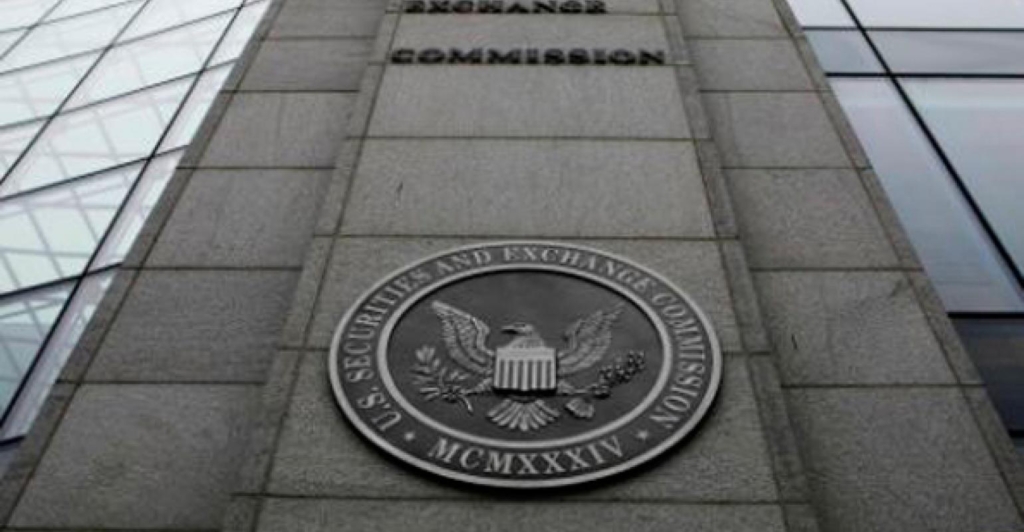The U.S. Securities and Exchange Commission (SEC) has recognized Grayscale’s proposals for Solana and Litecoin exchange-traded funds (ETFs).
This is a significant development, especially since it is the first time the SEC has acknowledged a Solana ETF filing. This change could indicate a more favorable attitude toward cryptocurrency investment products.
The SEC’s announcement comes during a period of leadership changes, which has led to optimism about a more supportive regulatory environment for crypto. On February 6, the SEC invited public comments on the ETF filings, allowing a 21-day window for feedback after the announcement was published in the Federal Register.
This recognition is particularly important for Solana (SOL) ETFs, as the SEC had previously rejected similar applications. Bloomberg ETF analyst James Seyffart noted that this shift is significant, especially since Solana had been labeled security in past legal cases.
Fox Business journalist Eleanor Terrett pointed out that the SEC had previously pressured the Chicago Board Options Exchange (Cboe) to withdraw Solana ETF applications under former chair Gary Gensler.
Bloomberg’s senior ETF analyst Eric Balchunas described this as a small but crucial step, marking the first time the SEC has acknowledged a financial product linked to an asset it once classified as a security. He believes this change may stem from new leadership at the SEC.
Recently, the Cboe resubmitted applications for Solana ETFs for firms like Bitwise, VanEck, 21Shares, and Canary Capital. These firms are optimistic that the SEC’s evolving stance will lead to approval. Seyffart estimates that a final decision on the Solana ETF could come around October 11.
In addition to Solana, the SEC also recognized the NYSE’s application for a Grayscale Litecoin ETF, marking the second time it has considered a Litecoin ETF. Seyffart believes Litecoin might be the next digital asset to gain SEC approval for a spot ETF.
The SEC also progressed with the iShares Bitcoin Trust ETF (IBIT) by acknowledging a Nasdaq filing related to in-kind creations and redemptions. While these developments are promising for crypto ETFs, actual approval remains uncertain.



